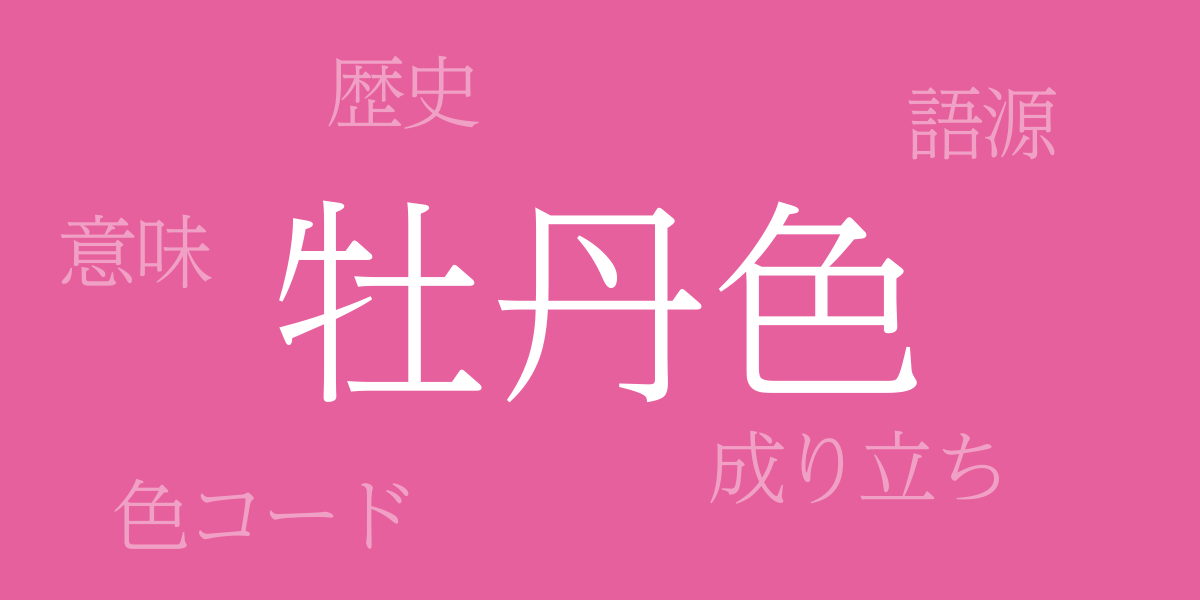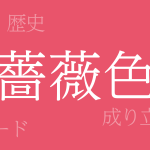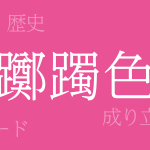Japan’s rich natural and cultural palette is vividly expressed through its traditional colors, among which ‘Botan-iro (ぼたんいろ)’ or Peony Pink, holds a unique beauty and deep history. This vibrant and flamboyant color has been a part of Japanese life for centuries, cherished in clothing and art. In this article, we delve into the allure of Botan-iro, exploring its significance, history, and contemporary applications.
About Botan-iro (ぼたんいろ)
Botan-iro (ぼたんいろ), inspired by the beautiful peony flowers, is a vivid pink that lends a luxurious and splendid impression. Frequently used in weddings and celebrations, this color deeply roots in Japan’s color perception, reflecting the Japanese sentiment of admiring the seasonal transitions.
The History of Botan-iro
Botan-iro dates back to the Heian period, adored by the nobility and featured in colorful garments and byobu (folding screens). In the Edo period, it spread more widely, particularly popular as a kimono color for women. The peony, known as the ‘king of flowers’ for its beauty, has also influenced many literary and artistic works.
Color Codes for Botan-iro
When using Botan-iro in digital and web design, accurate color codes are essential. Here are the codes for Botan-iro:
- HEX: #E7609E
- RGB: R:231 G:96 B:158
- CMYK: C:11 M:76 Y:9 K:0
Western Name for Botan-iro
In the West, Botan-iro is often referred to as ‘Peony.’ This term also represents a bright and lively pink, commonly used in fashion and interior design to symbolize spring, femininity, and elegance.
Summary on Botan-iro
With its beauty and historical depth, Botan-iro has established a firm place as a traditional Japanese color. Its vivid hue continues to enchant many, valued in the realms of design and fashion. Even in the digital age, by using the color codes for Botan-iro, its traditional beauty can be effectively conveyed. As a color that communicates Japanese aesthetics and sensibility, Botan-iro will continue to be cherished for years to come.

























